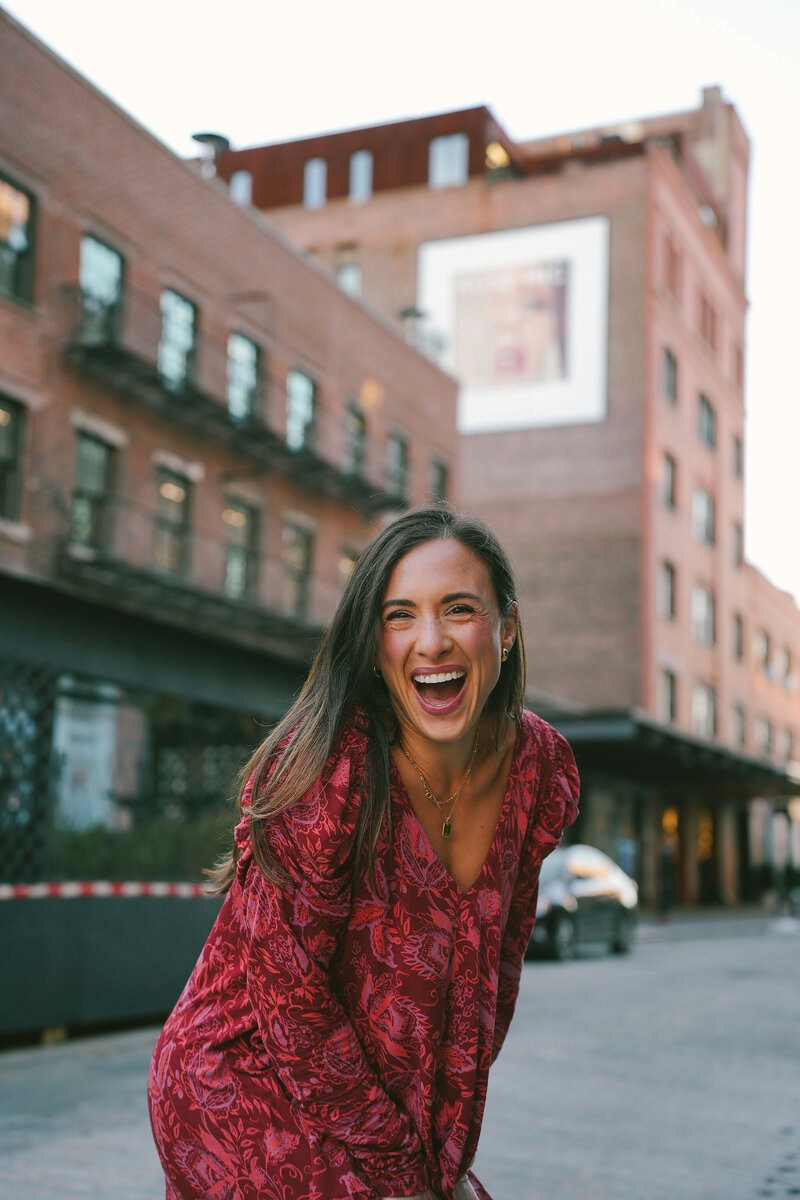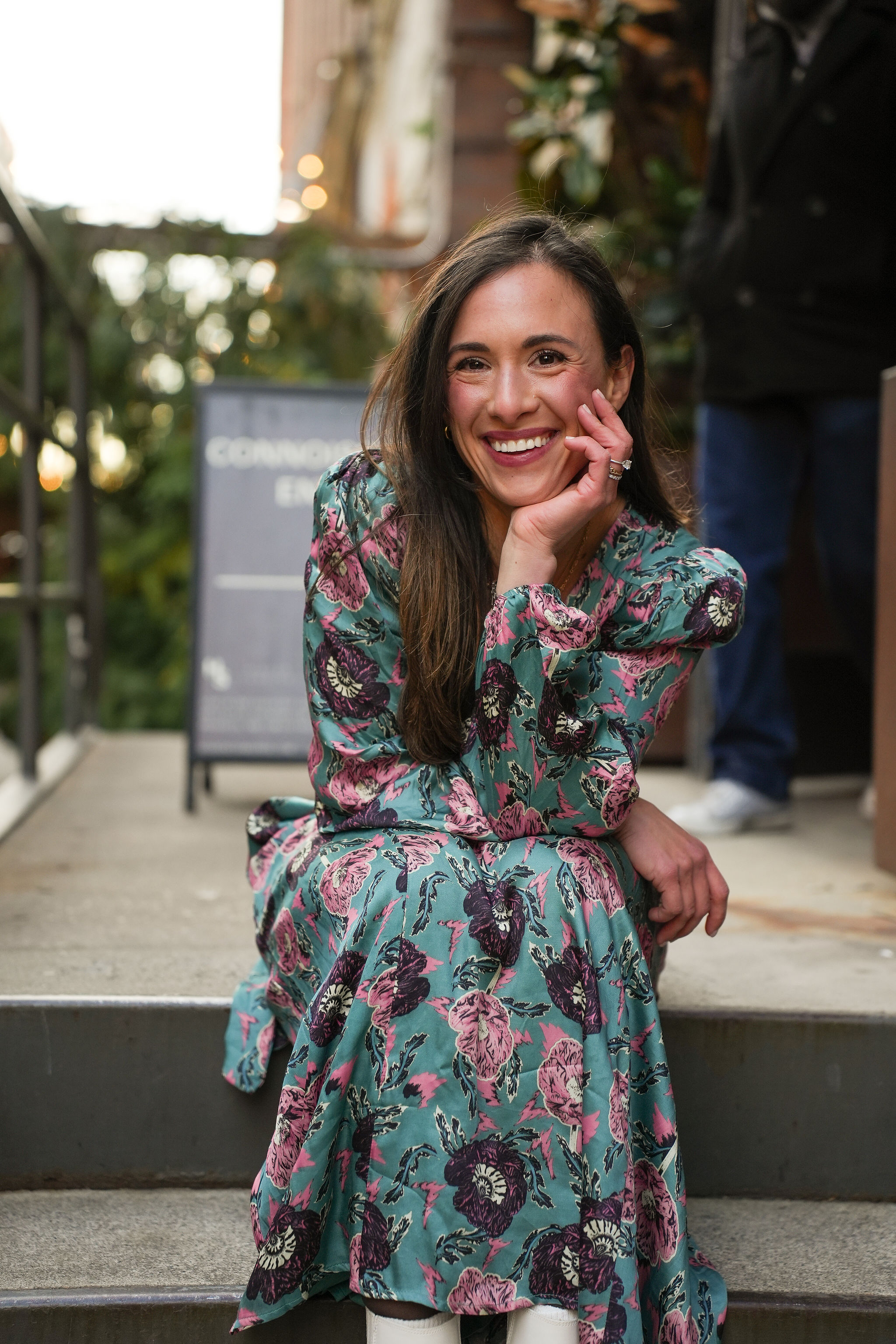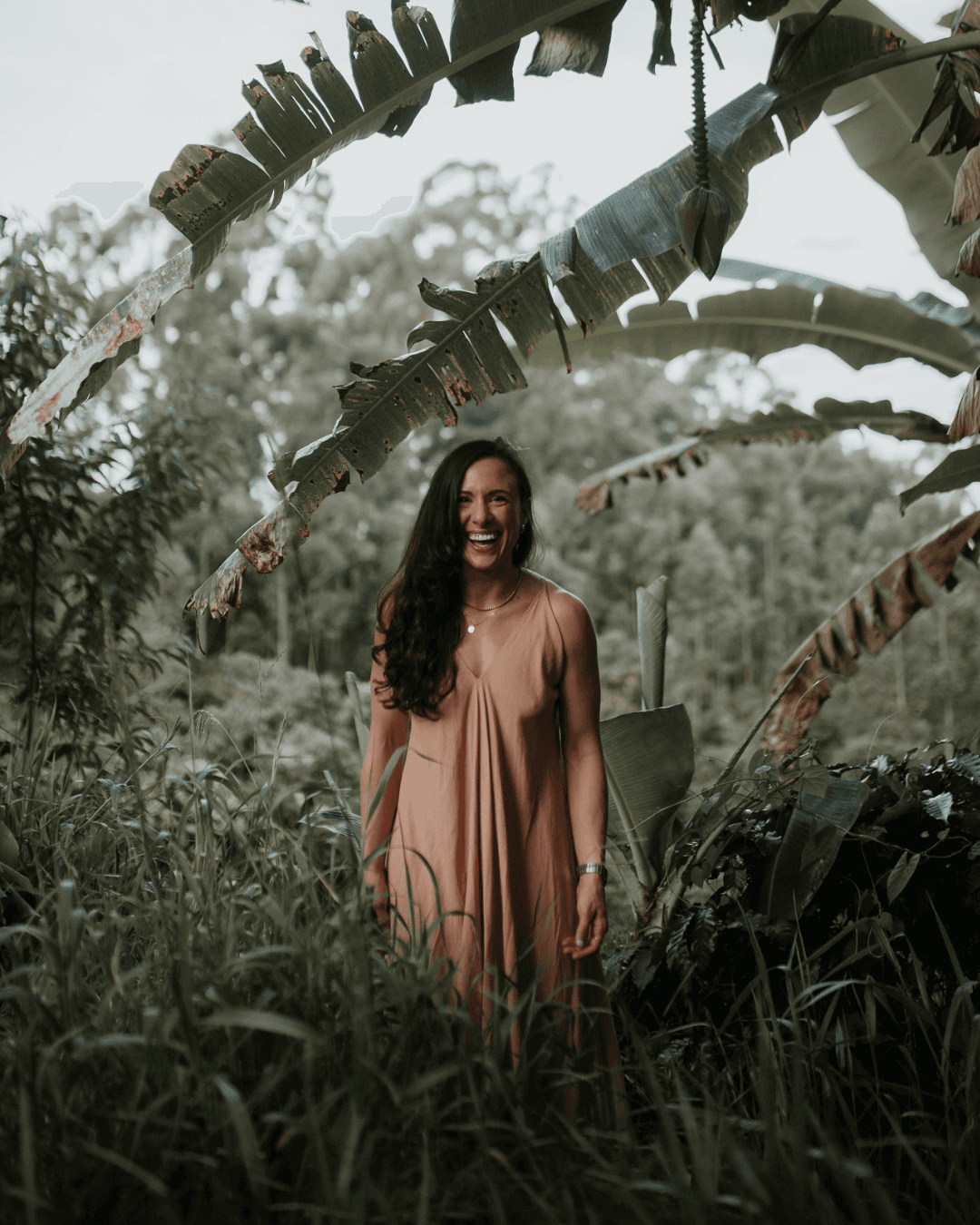



Hey, I'm Ana, and I'm not your average mindset coach.
Hey, I'm Ana, and I'm not your average mindset coach.
I practice causal coaching, meaning I get to the root of why you're not taking the actions you want (or getting the results you want.) I'll give you ADHD advice that *actually works* because I have ADHD, too.
I practice causal coaching, meaning I get to the root of why you're not taking the actions you want (or getting the results you want.) I'll give you ADHD advice that *actually works* because I have ADHD, too.
I practice causal coaching, meaning I get to the root of why you're not taking the actions you want (or getting the results you want.) I'll give you ADHD advice that *actually works* because I have ADHD, too.
Thriving with our triggers takes more than just meds and Pomodoro timers (there, I said it). It takes self-awareness, emotional regulation, and a willingness to do the work. If that's you...
Thriving with our triggers takes more than just meds and Pomodoro timers (there, I said it). It takes self-awareness, emotional regulation, and a willingness to do the work. If that's you...
Thriving with our triggers takes more than just meds and Pomodoro timers (there, I said it). It takes self-awareness, emotional regulation, and a willingness to do the work. If that's you...






